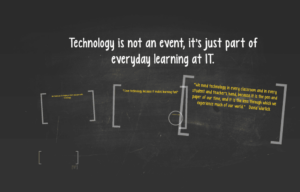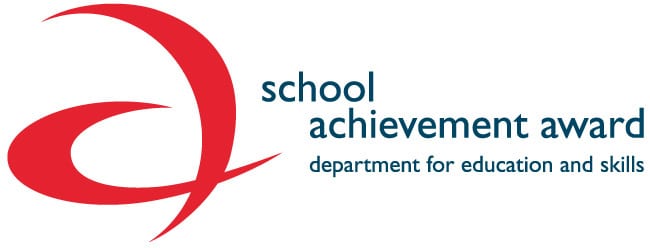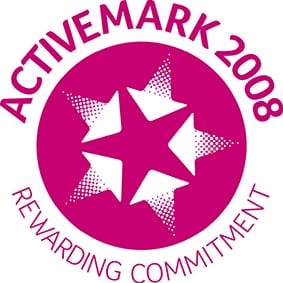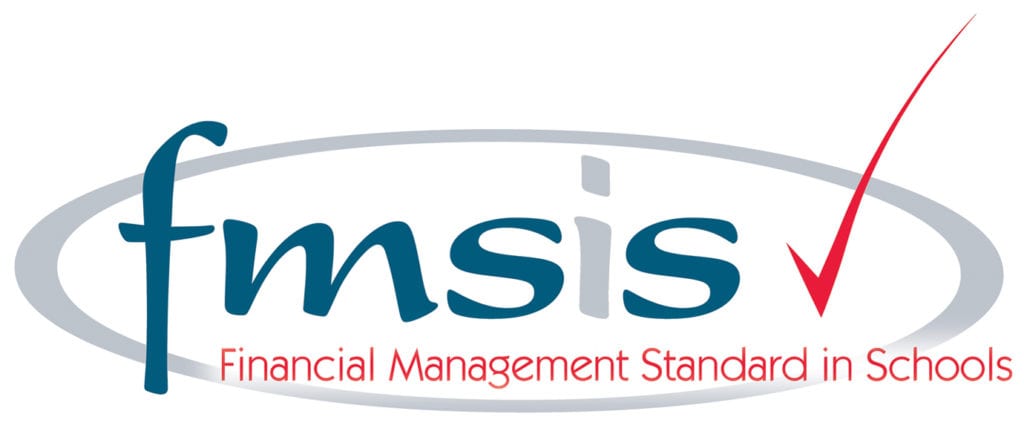
Intent
At Horndale, children receive a design and technology curriculum which allows them to exercise their creativity through designing and making. The children are taught to combine their designing and making skills with knowledge and understanding in order to design and make a product. Skills are taught progressively to ensure that all children are able to learn and practice in order to develop as they move through the school. Evaluation is an integral part of the design process and allows children to adapt and improve their product, this is a key skill which they need throughout their life. D&T allows children to apply the knowledge and skills learned in other subjects, particularly Maths, Science and Art. Children’s interests are captured through theme learning, ensuring that links are made in a cross curricular way, giving children motivation and meaning for their learning. Children will also learn basic cooking skills.
Implementation
In Design Technology, we teach the National Curriculum, supported by a clear skills and knowledge progression. This ensures that skills and knowledge are built on year by year and sequenced appropriately to maximise learning for all children. All teaching of DT should follow the design, make and evaluate cycle. Each stage should be rooted in technical knowledge. The design process will be rooted in real life, relevant contexts to give meaning to learning. While making, children will be given choice and a range of tools to choose freely from. To evaluate, children should be able to evaluate their own products against a design criteria.
Impact
By the end of Key Stage One, children should be able to:
Design
- design purposeful, functional, appealing products for themselves and other users based on design criteria
- generate, develop, model and communicate their ideas through talking, drawing, templates, mock-ups and, where appropriate, information and communication technology
Make
- select from and use a range of tools and equipment to perform practical tasks [for example, cutting, shaping, joining and finishing]
- select from and use a wide range of materials and components, including construction materials, textiles and ingredients, according to their characteristics
Evaluate
- explore and evaluate a range of existing products
- evaluate their ideas and products against design criteria
Technical knowledge
- build structures, exploring how they can be made stronger, stiffer and more stable
- explore and use mechanisms [for example, levers, sliders, wheels and axles], in their products.
Cooking and Nutrition
- use the basic principles of a healthy and varied diet to prepare dishes
- understand where food comes from.
DT Whole School Long Term Plan(Last revised July 2022)







